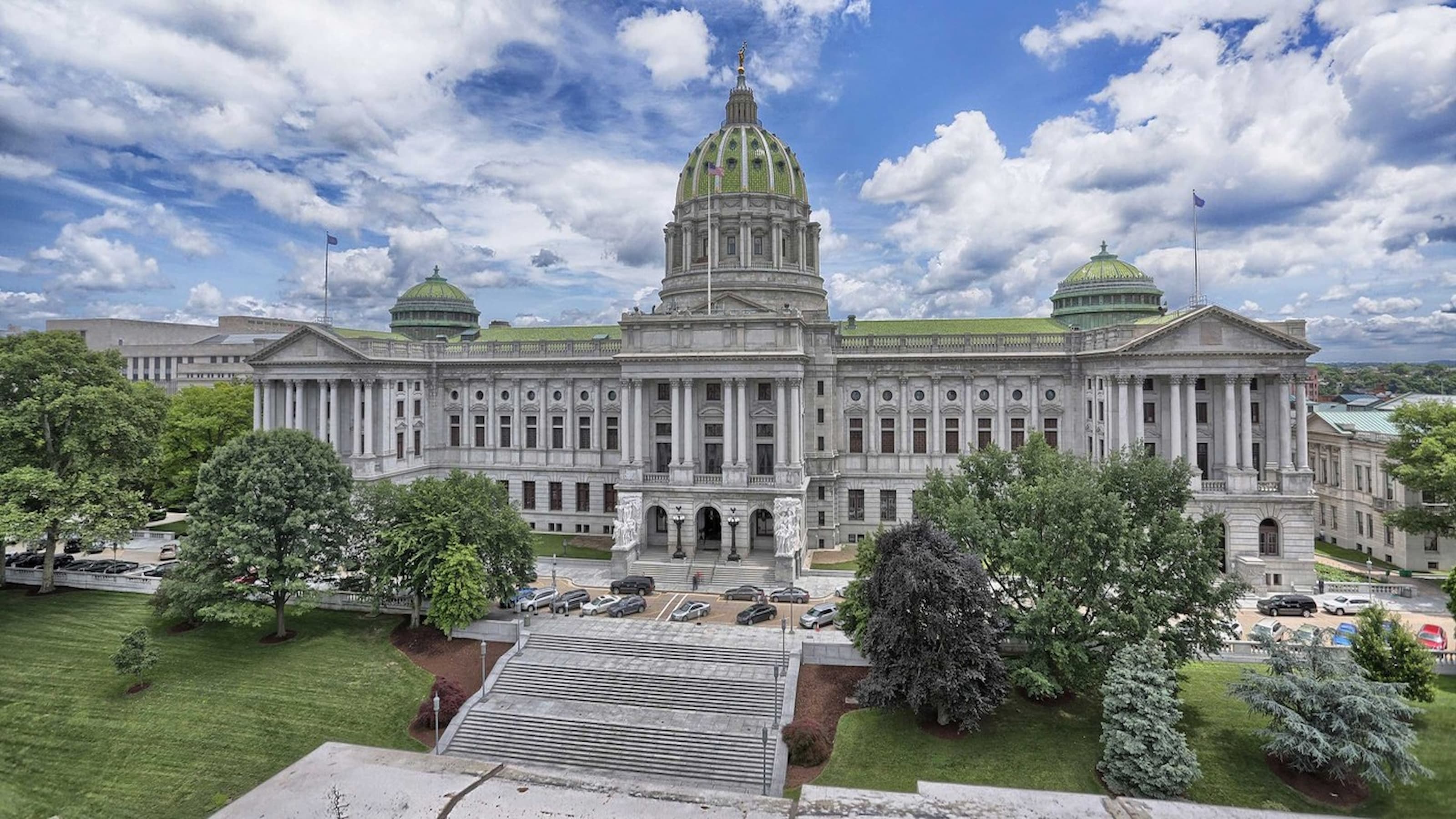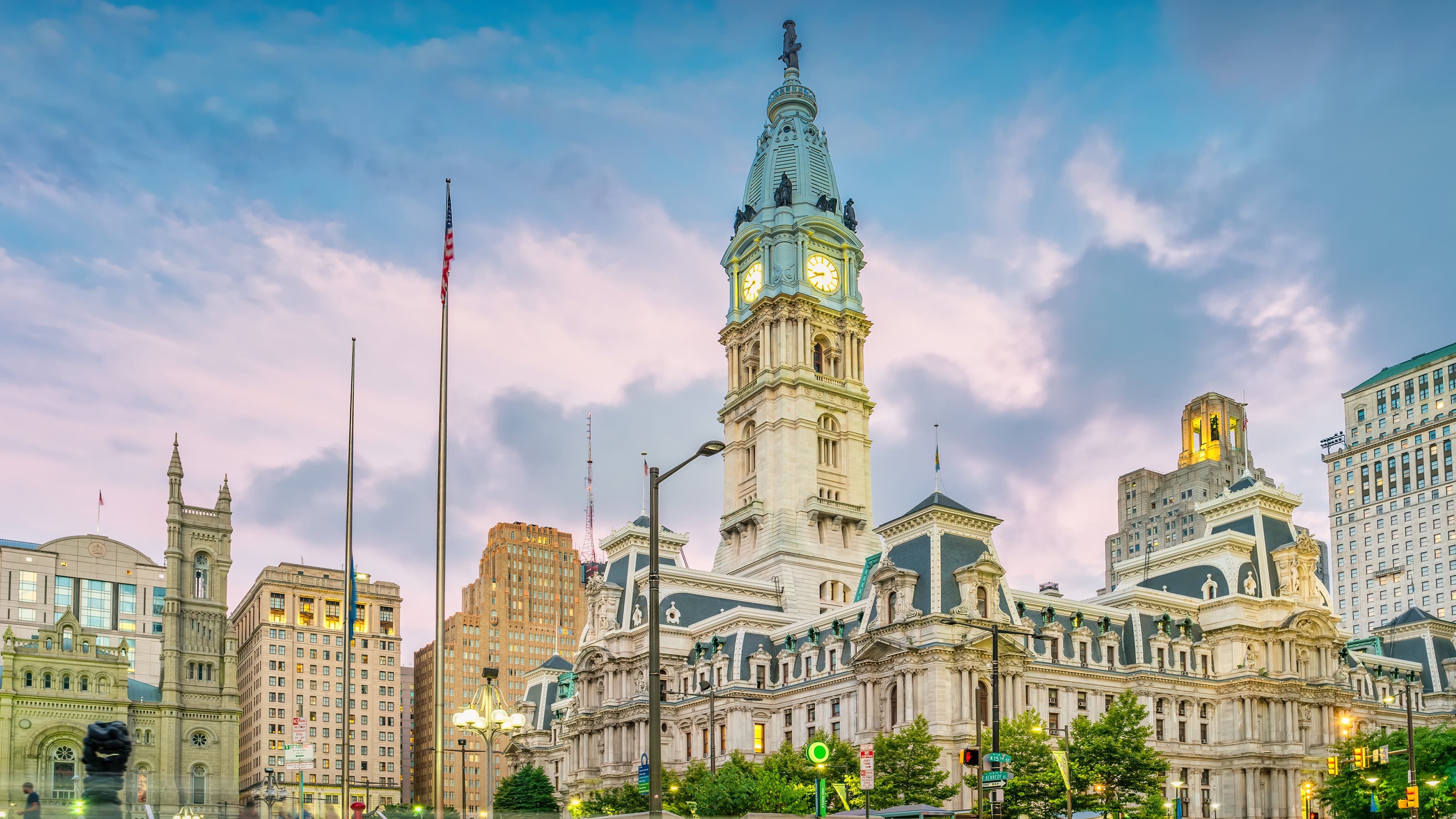Tips for a More Ethical and Sustainable Holiday
Saint Joseph's experts chime in on how to make your days merry and bright by making smart buying and giving choices.

The holidays are often a time for more — more cheer, more family, more joy — but also more waste and consumption. But no need to be a grinch! Saint Joseph’s experts chime in on their favorite ways to support a more ethical and sustainable holiday.

“Fair trade is designed to provide environmental, social and economic benefits for farmers and artisans around the world. This model doesn’t solve the problems of growing inequality, but research shows it does provide tangible benefits for many producers. Fair trade coffee and handicrafts signal to others that you wanted to provide a meaningful gift to make a small difference in the world. These gifts show that we should all care more deeply about where our purchases came from and how they impact the environment.”
Keith Brown, Ph.D.
Associate Professor of Sociology

“Giving a meaningful gift communicates both care for the individual receiving the gift as well as for the person who has created the actual physical object. As one example, Ten Thousand Villages is an organization that works to connect makers with a market, and in this way facilitates the ability to purchase a gift for someone while also knowing that those dollars are supporting a small business or craftsperson somewhere else in the world who may not have an immediate market nearby for their products. The intentionality of this kind of purchase can be shared with the recipient of the gift by including a small card that shows the connection to the maker or place of origin of the object.”
Elaine Shenk, Ph.D.
Professor of Spanish and Chair of Languages and Linguistics

“Give practical gifts that your receivers can actually use. My research (Baskin et al. 2014) has found that while givers often think that tradeoffs between desirable and practical gifts should be resolved in terms of desirability, receivers actually prefer more practical/feasible gifts. This will improve giver/receiver relationships and be less likely to lead to waste.”
Ernest Baskin, Ph.D.
Assistant Professor of Food Marketing

"Many hosts over-anticipate the amount of food they will actually need to serve their guests, leading to waste. However, the ways to avoid food waste are the same no matter what time of year. Buy local whenever you can to cut down on emissions from transporting food from the farm to your table. For a more ethical holiday, choose meat from animals that are humanely raised but beware of misleading labels. The best way to verify where your meat comes from is to visit the farm yourself. My family was fortunate to be able to visit Canter Farm, which serves our local farmers market. If you can't get out to a farm, the Rodale Institute and the Animal Welfare Institute both have great resources. And if there are leftovers, store for future meals or compost to feed your garden in the Spring. These are a few of the things that my family tries to make progress on sustainability."
Carolin Schellhorn, Ph.D.
Assistant Professor of Finance

“It may seem like cutting a live Christmas tree from a farm would have a negative environmental impact, but it’s far less carbon-costly than a fake tree. You and the tree travel a shorter distance, the farm plants new trees every year, and you don’t wind up eventually throwing out a plastic tree that will take space in a landfill. For extra environmental benefit, consider mulching your tree at the end of the season, or buying a tree with the roots still attached so it can be replanted.”
Clint Springer, Ph.D.
Associate Professor of Biology
Director of Environmental Science and Sustainability Studies

“All too often, the holidays can become an exercise in volume: having the most fun, giving the most gifts, and maximizing our generosity. And that makes sense, because the more we give, the better we feel. To get that done, many of us turn to companies on the internet that give us low prices, free shipping, and nearly instantaneous delivery. The problem is that the companies that bring us low cost and convenient goods often get those done with things like poor employee compensation, compromising worker safety, and ignoring counterfeit products in their supply chains. Delivering all those small orders also adds up in terms of carbon footprint. So consider buying locally, particularly from independent businesses that sell unique gifts that enhance your local economy. It may mean buying fewer things, but it will also mean doing more measurable good in your community. That said, if you absolutely need to order gifts and holiday supplies online, consider combining orders to decrease that carbon footprint.
James Caccamo, Ph.D.
Associate Professor of Theology
Associate Dean of Students and Experiential Learning, CAS



